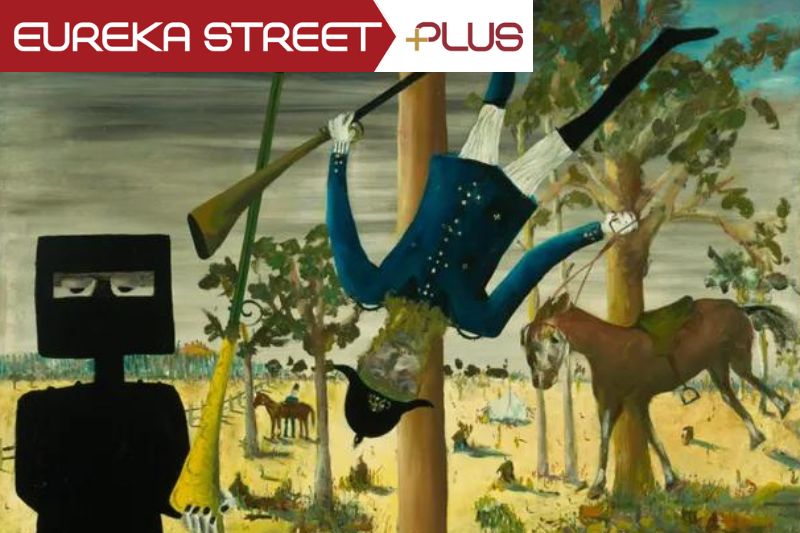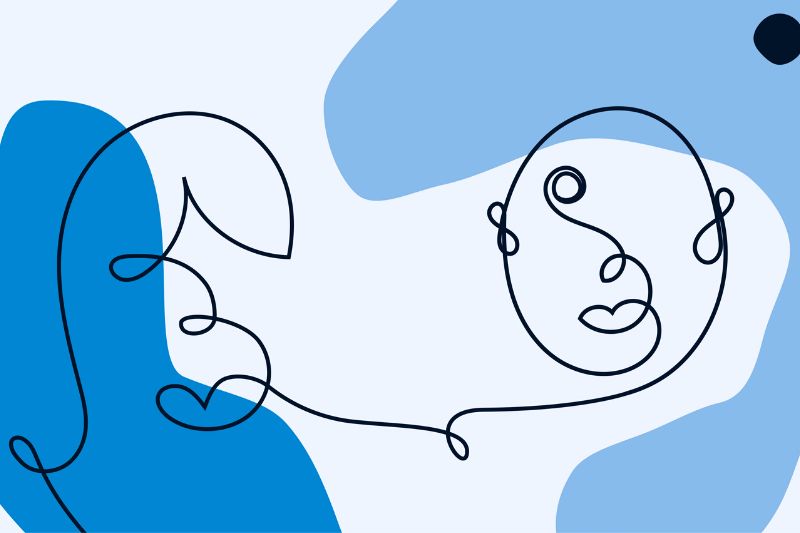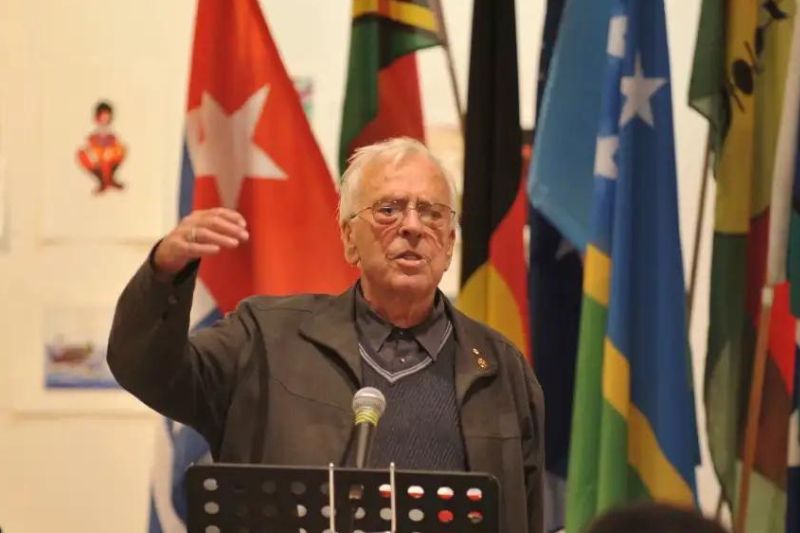Author: Andrew Hamilton
There are more than 200 results, only the first 200 are displayed here.
-

AUSTRALIA
- Andrew Hamilton
- 12 December 2022
Parks are gifts, not only of nature but of people who have recognised how important they are for good human living and have guarded them. Recent generations have been less generous in providing parks and in protecting them from encroachment. At a time when the survival of the earth as we know it depends on our treasuring the beauty and delicacy of the natural world, such neglect is disrespectful.
READ MORE 
-

AUSTRALIA
- Andrew Hamilton
- 08 December 2022
Once protests would have found expression in powerfully argued and persuasively delivered speeches. Now people look less to the power and skill of the words and more to the gestures in which they are embodied. This precedence given to performative language over deliberative language deserves reflection.
READ MORE 
-

AUSTRALIA
- Andrew Hamilton
- 01 December 2022
4 Comments
Emotional intelligence is one of those terms that is hard to define. They take their meaning from people whom we think certainly possess it and those whom we think certainly lack it. In the aftermath of the Victorian election we might also ask whether it matters if political leaders have emotional intelligence or not. Will it help them win elections or contribute to their defeat?
READ MORE 
-

AUSTRALIA
- Andrew Hamilton
- 24 November 2022
6 Comments
This year's International Day for the Elimination of Violence against Women is particularly significant because it follows shortly after the release of the National Plan to End Violence against Women and Children, a ten year project to eliminate violence against women in a generation. Of course, large initial hopes may be disappointed, but the implementation of plans is always the most difficult challenge.
READ MORE 
-

ARTS AND CULTURE
- Andrew Hamilton
- 17 November 2022
2 Comments
Paulie had a childlike delight in taking the mickey out of everything and everyone and acting outrageously. The stories of the Painters and Dockers’ engagement with their equally wild audiences and the public, full of hilarious encounters, display the same innocence and the same sublimated rage. If it was his brother Tony’s death that set him on his madcap journey, Paulie has shaped his own life as a monument for Tony more durable than marble.
READ MORE 
-

ARTS AND CULTURE
- Andrew Hamilton
- 11 November 2022
3 Comments
In Justice in Kelly Country, author Lachlan Strahan writes on the life of his great-great-grandfather, a policeman whose career stretched over thirty years. When a significant part of that story is intermeshed with such a fiercely contested story as Ned Kelly’s, telling it introduces the further complexities of the writer’s sympathies and judgments.
READ MORE 
-

ARTS AND CULTURE
- Andrew Hamilton
- 10 November 2022
1 Comment
Reflecting on the value of newspaper commentary on public life prompts self-reflection concerning the quality of what we columnists write and what we hope to achieve through our work. The ephemeral quality of a column suggests how important it is for us not simply to react to the news but to ask what lies beneath it.
READ MORE 
-

AUSTRALIA
- Andrew Hamilton
- 08 November 2022
The Cup is stacked with horses from everywhere but Australia, is designed for celebrities and would-be celebrities to be seen rather than to see, and now restricts the space where the plebeians can ape the dress and the excesses of the privileged. Fortunately, the rain still falls on the rich and the poor alike.
READ MORE 
-

INTERNATIONAL
- Andrew Hamilton
- 02 November 2022
2 Comments
The campaign against global warming has been heating up, and the latest protests have focused on works of art. Like the burning of books, assaults on paintings seemed to express contempt for human culture at its noblest. But as more details became public, the reality seemed more complex.
READ MORE 
-

RELIGION
- Andrew Hamilton
- 26 October 2022
10 Comments
What would the world have been like today if the Reformation had not happened? Would it really have been a better Church and a better world? And how, indeed, can we evaluate these enormous historical events?
READ MORE 
-

AUSTRALIA
- Andrew Hamilton
- 20 October 2022
8 Comments
The one thing lacking in much of the debate about the travails of the Essendon Football Club and the brief tenure of its CEO was a proper respect. That lack of respect may merit reflection. Respect begins with persons, not with principles and opinions.
READ MORE 
-

AUSTRALIA
- Andrew Hamilton
- 10 October 2022
8 Comments
Two weeks ago, Bishop Hilton Deakin died. My memories of him are inextricably tied to the Mass he celebrated in 1999 at St Patrick’s Cathedral in Melbourne, certainly the most emotionally charged event that I have seen there, following the violence orchestrated by the Indonesian military following the Referendum on Independence in East Timor. During the struggle for Independence, many East Timorese had joined the Catholic Church.
READ MORE 